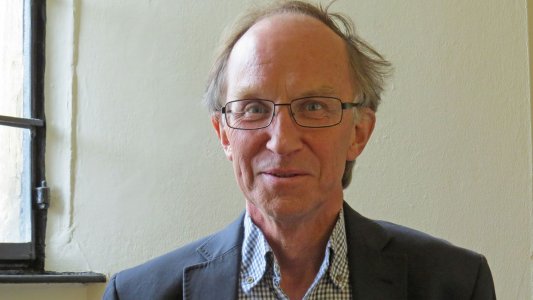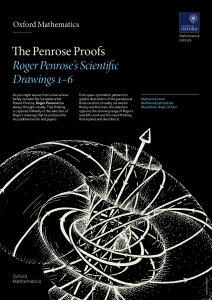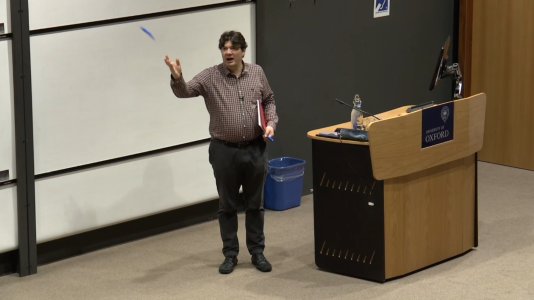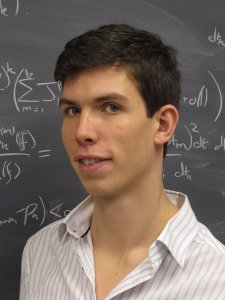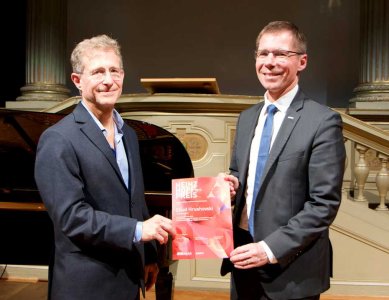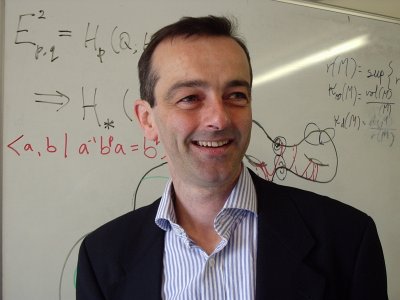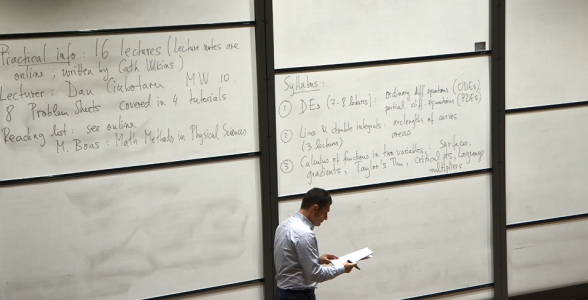Nick Woodhouse appointed CBE in 2020 New Year Honours List
Professor Nick Woodhouse, Emeritus Professor of Mathematics in Oxford and Emeritus Fellow of Wadham College, former Head of the Mathematical Institute and previously President of the Clay Mathematics Institute has been appointed CBE in the 2020 New Year Honours List for services to mathematics.
Nick has had a distinguished career as both a researcher and a leading administrator in the University. His research has been at the interface between mathematics and physics, initially in relativity, and later in more general connections between geometry and physical theory, notably via twistor theory. In parallel he led the Mathematical Institute in Oxford at a time of major expansion and was the leading figure in the Institute's move to the Andrew Wiles Building, completed in 2013. His time as President of the Clay Mathematics Institute saw its profile and influence increase and its roster of talented Clay Research Fellows grow.
Nick also played a leading role in the administration of the wider University including a period as Deputy Head of the Mathematical, Physical and Life Sciences Division; and was a member of the North Commission set up in 1997 to review the management and structure of the collegiate University and whose recomendations helped shape Oxford as it operates in 2020.


